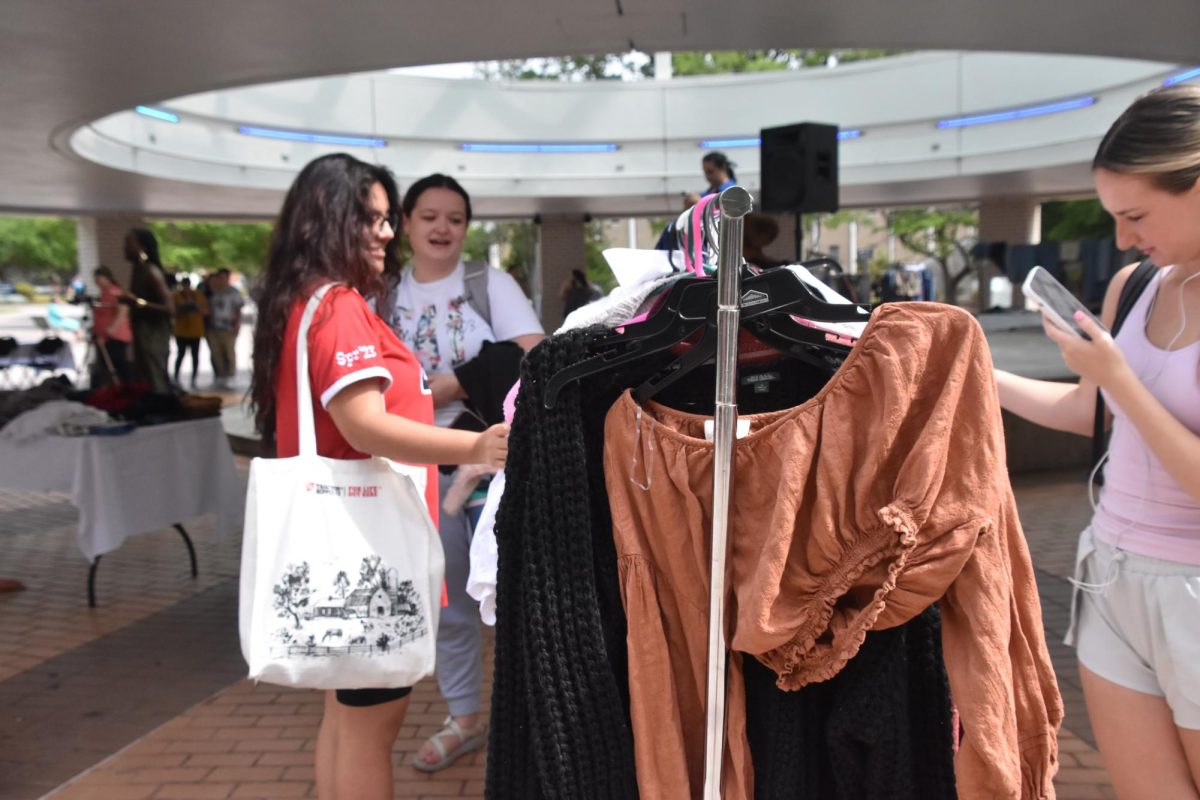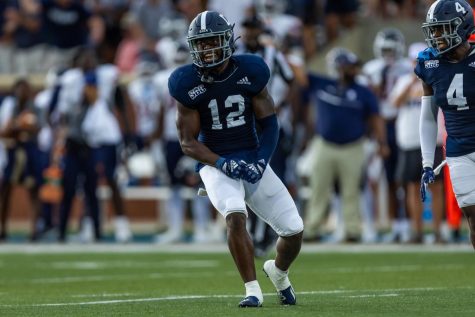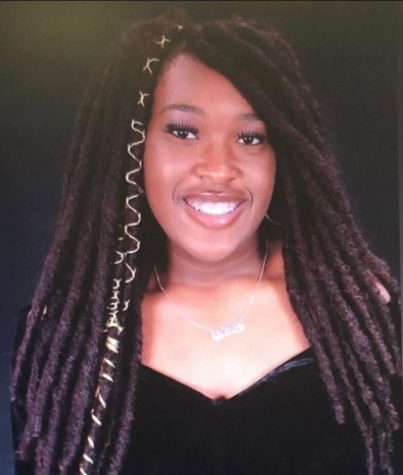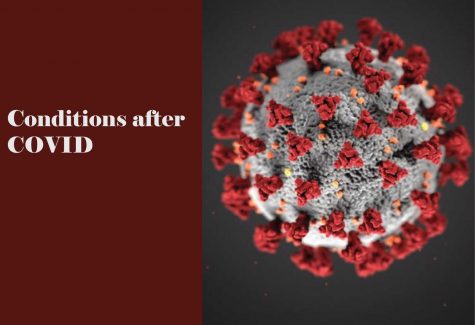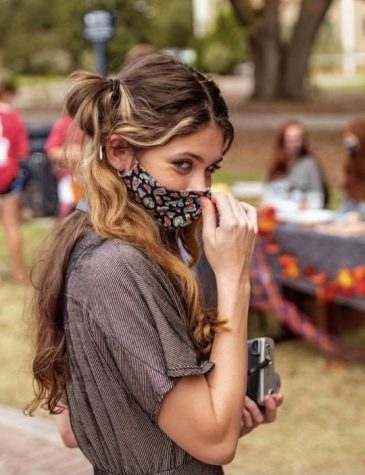Much ado about nothing this Halloween
November 5, 2013
As Halloween passes, a lot of controversy has come out over political correctness of our costumes. This season, Julianne Hough received a lot of backlash over her choice to put on a little too much bronzer while embodying Crazy Eyes, a black character from the show Orange is the New Black. She darkened her skin and hair, and looks like she has a bad tan. She has apologized for her choice, but honestly why should she? In her case, she is impersonating a specific character and trying to look as much like her as possible. Crazy Eyes has a similar hairstyle to the infamous Miley Cyrus VMA-look. Hough might have believed her orange jumpsuit and nametag weren’t enough to convince people she wasn’t Miley.
Some colleges ran campaigns leading up to the holiday warning students of not being offensive in their costumes. The slogan, “We’re a Culture, Not a Costume,” ran alongside students holding pictures of their cultures being mocked in costume. One was a student dressed as a terrorist, another as a Mexican riding a donkey. Honestly, most students don’t choose their costumes out of malicious intent, but out of convenience. If you go out and get offended by someone’s costume, then you don’t understand Halloween. It is a time to be controversial and have fun, to be whatever you want without having to worry about political correctness. Honestly, that is what the college experience is like too. We should be able to express ourselves without being shamed or punished.
Political correctness only makes the situation worse. We need to realize that we can’t please everyone. No matter how hard we try, someone will be offended or upset. As an international studies major, I understand the need for respect. I know that some people have malicious intent and hate other cultures for no good reason at all. There is a fine line between being respectful of someone’s background and pretending it doesn’t exist. Political correctness only tries to cover the problems and does nothing to change the actual feelings of racism, prejudice, or sexism. Instead, we need to address the problems directly and say what we mean.




